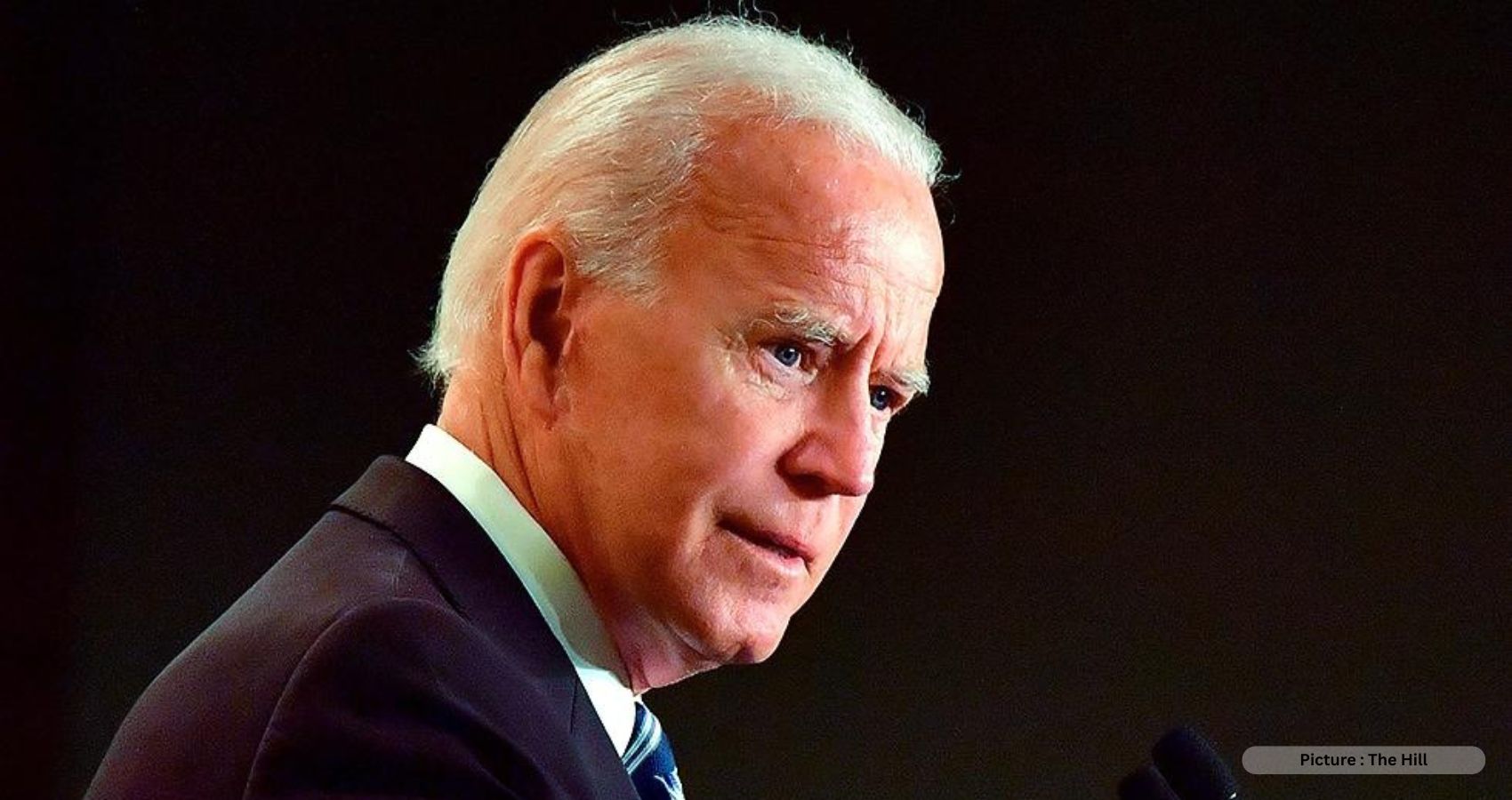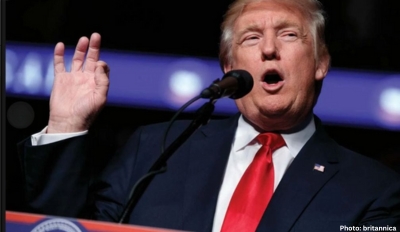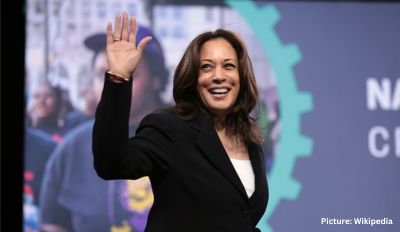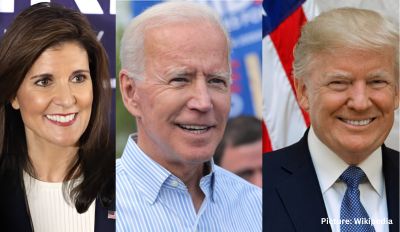As President Joe Biden gears up for a potential second term, he enjoys a significant lead over his declared Democratic challengers. However, a new CNN poll conducted by SSRS reveals that his declining favorability ratings and the perception that his reelection would be detrimental to the nation could pose difficulties.
Only 33% of Americans believe that a Biden victory in 2024 would signify progress or triumph. The poll also highlights a drop in favorable opinions of Biden, from 42% in December to 35% currently. Furthermore, an earlier release of the same poll showed Biden’s presidential approval rating at a meager 40%, one of the lowest for a first-term president since Dwight Eisenhower at this stage in their tenure.
Within the Democratic party, 60% of Democratic and Democratic-leaning voters support Biden as the frontrunner for next year’s Democratic nomination, while 20% favor activist and lawyer Robert F. Kennedy Jr., and 8% support author Marianne Williamson. Another 8% would back an unspecified “someone else.”
The majority of Biden’s primary supporters are unwavering, with 58% stating they will definitely support him, while 42% admit they could change their minds. In contrast, only 19% of those backing other candidates are firmly committed, with 81% open to changing their minds.
The poll indicates that Biden is likely to gain the support of most Democratic-aligned voters in 2024, with only 14% saying they wouldn’t back him in the primary and 7% stating they definitely wouldn’t support him in November 2024 if he secures the party’s nomination.
However, the results suggest that Biden may struggle to retain Democratic-aligned White non-college voters in the general election next year, as 16% say they definitely won’t support him in November 2024, compared to just 1% of White Democratic-aligned voters with college degrees and 5% of Democratic-aligned voters of color.
Biden’s vulnerabilities in the nomination race primarily lie among Democratic-leaning independents (40% support him for the nomination, compared to 67% among self-identified Democrats) and younger voters (49% under 45 years old support him, as opposed to 68% of those aged 45 or older).
A majority of Democratic and Democratic-leaning voters would consider supporting either Kennedy (64% support or would consider him) or Williamson (53% back her or would consider her), but few seem deeply committed to either candidate.
Among those open to considering Kennedy, 20% cite his connection to the Kennedy family as the main reason, with one respondent stating, “I liked his dad (RFK) and his uncle (JFK) a lot. I would hope he has a similar mindset.” Many are simply curious and want to learn more about him, with 17% saying they don’t know enough to rule him out and 10% claiming they are open-minded and would consider any candidate. Some would back any Democrat (10%) or anyone who is not Trump (5%). Only 12% say they would consider him due to their support for his views or policies, and 4% specifically mention his environmental policy stances.
Of those who would consider Williamson, nearly 3 in 10 (28%) say they don’t know enough about her, 16% would consider her because she’s a Democrat, 8% would consider any candidate or are open-minded, and 9% view her as an alternative to Biden. One respondent said, “She is better than Joe Biden. I haven’t heard of her though.” Another 10% desire a female candidate, and 12% support her views or policies. One person commented, “She may not have a great political resume but she cares about important issues.”
The majority of Democrats and Democratic-leaning independent voters do believe it’s likely that Biden will become the party’s candidate, with 55% saying it’s extremely or very likely, 28% deeming it somewhat likely, 11% considering it not too likely, and a mere 5% believing it’s not at all likely.
Securing public support for a second term might be an uphill battle for President Joe Biden. A significant 66% of Americans believe that a Biden victory would result in a setback or disaster for the country. In comparison, former President Donald Trump’s prospects appear slightly better, with 43% considering a Trump win as a triumph or step forward and 56% seeing it as a disaster or setback. Both candidates receive similar percentages regarding the perception of their victory as disastrous (44% for Trump and 41% for Biden). Among independents, 45% view a Trump win as disastrous, while 35% hold the same opinion for a Biden win.
The overarching negativity towards Biden can be attributed to a more pessimistic outlook among his party members compared to the optimism Trump enjoys from Republicans. A substantial 82% of Democrats perceive a Trump victory as disastrous, whereas 83% of Republicans feel the same about a Biden win. However, 85% of Republicans consider a Trump win a triumph or step forward, compared to 73% of Democrats expressing the same sentiment for Biden.
One advantage that Biden held over Trump in the 2020 election – a stronger favorability rating – may have dissipated. The poll reveals that 35% of Americans have a favorable view of Biden, while 57% have an unfavorable one, which is strikingly similar to Trump’s figures. Biden’s positive ratings have dropped from 42% in December, and among independents, his favorability has declined from 35% to 26%.
Biden’s ratings are significantly more negative than those of the three living Democratic past presidents. Barack Obama is the most positively viewed of all the living presidents tested in the poll, with 57% holding a favorable view and 35% an unfavorable one. Public opinion on Jimmy Carter is also positive, with 43% favorable and 21% unfavorable, while 36% are unsure or unable to rate him. Bill Clinton’s ratings are evenly split, with 41% expressing a favorable view and 42% an unfavorable one.
The CNN Poll, conducted by SSRS from May 17-20, included a random national sample of 1,227 adults drawn from a probability-based panel, featuring 432 Democrats and Democratic-leaning independents who are registered to vote. Surveys were administered either online or via telephone with a live interviewer. The full sample results have a margin of sampling error of plus or minus 3.7 points, while the margin of sampling error for Democratic and Democratic-leaning voters is 6.2 points.











